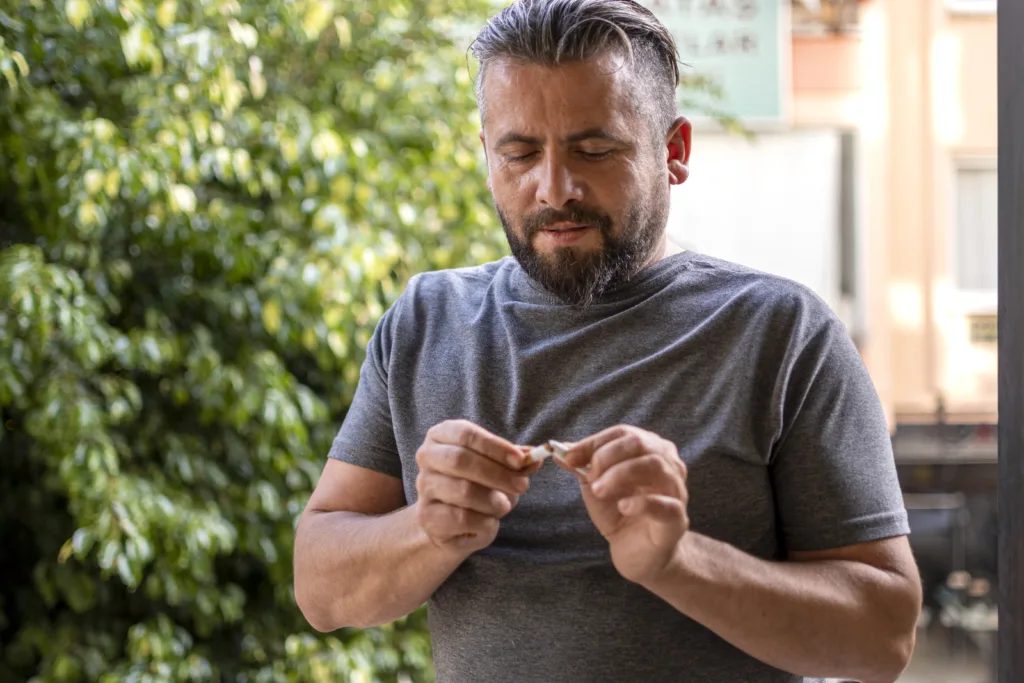Rational Emotive Behavior Therapy: Understanding the Approach

When it comes to mental health and addiction recovery, the way we think shapes how we feel and behave. Rational emotive behavior therapy (REBT) is a well-known approach that focuses on identifying and changing unhelpful beliefs so people can manage emotions more effectively. While not every treatment center uses REBT as a core therapy, understanding how it works can give valuable insight into how thought patterns affect emotional health—and how professional help, like that offered at Silvermist, can guide you toward lasting change.
What Is Rational Emotive Behavior Therapy?
REBT was developed in the 1950s by psychologist Albert Ellis. It’s one of the first forms of cognitive-behavioral therapy (CBT) and is based on the idea that events themselves don’t cause emotional distress—it’s the way we interpret those events that determines how we feel. REBT teaches people how to recognize irrational beliefs, challenge them and replace them with more rational, balanced perspectives.
The ABC Model of REBT
A key framework in REBT is the ABC model:
- A – Activating Event: Something happens in your environment.
- B – Beliefs: You form a belief about the event, which may be rational or irrational.
- C – Consequences: Your emotional and behavioral response to that belief
REBT adds two extra steps:
- D – Disputation: Challenging irrational beliefs with logic and evidence
- E – Effect: Developing new, healthier beliefs that lead to better emotional and behavioral outcomes
REBT Techniques
Some of the most common strategies in REBT include:
- Cognitive Restructuring: Spotting and replacing irrational thoughts with more realistic ones
- Disputing Questions: Asking, “Is this belief logical?” or “What evidence supports this?”
- Behavioral Experiments: Testing out new beliefs in real-life situations
- Shame-Attacking Exercises: Facing fears of embarrassment to reduce anxiety
- Reframing: Looking at a problem from a different, more empowering angle
Benefits for Mental Health and Recovery
People struggling with anxiety, depression or stress often find that irrational beliefs keep them stuck in negative emotional cycles. REBT offers practical tools to break these cycles and build emotional resilience. For those in substance use recovery, replacing harmful thoughts—like “I can’t cope without using” or “One time won’t hurt”—with healthier beliefs can make a significant difference in avoiding relapse.
How Silvermist Can Help
At Silvermist, we understand that mental health challenges and substance use issues often stem from deeply rooted thought patterns, emotional struggles and life experiences. While REBT is just one example of an evidence-based therapy, our compassionate team works with each client to find the right combination of treatments for their needs. Our programs are designed to help clients build healthier coping skills, address the root causes of their struggles and create a strong foundation for long-term recovery.
A Path Toward Change
Whether you’re interested in REBT or simply want to explore different treatment options, the most important step is reaching out for help. You don’t have to navigate mental health challenges or addiction on your own. At Silvermist, we’re here to support you in developing the skills, strategies and mindset needed to move forward toward a healthier, more fulfilling life.






